We have long heard that plant based diets are good for our health. However, that doesn’t mean that you need to become a vegetarian or vegan.
In this video, with Channel 9 Perth, Dr Hunter discusses the benefits of a plant based diet. According to Dr Hunter, “A plant based diet is where you get the majority of your food from the plant kingdom instead of the animal kingdom. Fruits, vegetables, whole grains, nuts, seeds and legumes.”
She continued on to state that “the majority of health bodies around Australia recommend a predominately health based diet. The new eat for health guidelines suggest 2/3 of what we consume every day should come from the plant kingdom. It’s because plants contain a wide variety of vitamins, minerals and antioxidants which we know are important for health. They contain unsaturated fats and protein and also Fibre, which we know is really important for our gut health. There are decades of research showing how important it is to be predominately plant based to reduce obesity, type 2 diabetes, heart disease and specific cancers such colorectal cancer.”
However, understandably, not all people want to eliminate meat from their diet entirely. When discussing what are the right types of meat to focus on, Dr Hunter stated “I know a lot of vegetarian and vegans who eat really unhealthy. They tend to choose processed plant based foods which are stripped of nutrition. But there is good evidence to show that even just lowering your meat intake will reduce your chances of heart disease and cancer. So it’s red meats and processed red meats predominately that have the issues with the highest risks for health. That research hasn’t really given the risks for white meats or even fish, the evidence for poor health is not there with those. My suggestion would be just to be mindful of the amount of meat that you are eating overall and perhaps even change to a white meat, or a fish if you are partial to a bit of meat.”
So what is the main thing to remember when trying to lead a plant based diet? Dr Hunter thinks that the answer is in selecting unprocessed foods for your primary intake. She states “I think that it’s really important, whether there is meat or no meat, to choose unprocessed foods. So unprocessed plant foods – staying away from the white rice, the white flour, the white pasta is really important.”
Transitioning from an animal kingdom to a plant kingdom based diet is not easy but Tamara says that ‘If you are going to try and go meat free perhaps just try one or two meals a day and if you can do that progress to perhaps 1 or 2 days per week where you are meat free. If you don’t want to avoid meat completely just reduce the amount you are consuming. Perhaps substituting in things like tofu or chickpeas or legumes and definitely if you are going plant based, choose a wide variety of colours. You want the purples, the reds, the greens, the oranges because that is where the nutritional value is. It’s challenging and bit of hard work but it’s certainly worth it.”
In particular, fussy children wouldn’t find a plant based diet easy or desired. However, Tamara feels that when introducing more plant based foods to children it is about “exposing them to different textures, different types, being persistent – they get it eventually. But make sure you can get a wide variety of colours into them in as many ways as possible and if you are giving them meats, choosing the low-fat leaner types, minimising the quantities and staying away from those processed red meats.”
Overall, a plant based diet is possible for everyone but it might be more about your selection of unprocessed foods and less red meat intake, than just eliminating meat altogether.

